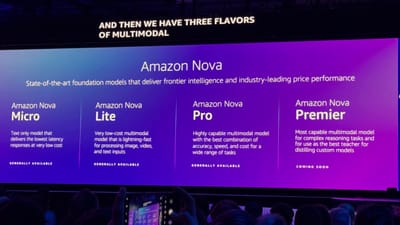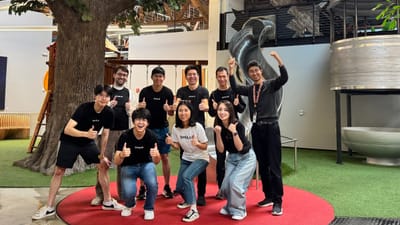
Google Begins Testing Integrated AI Overviews and AI Mode in Search
Google is testing a new feature that blends its AI Overviews with the conversational AI Mode, letting users move from a snapshot answer to follow‑up questions without leaving the search page. The rollout is global, currently limited to mobile devices, and aims to make the search experience smoother by removing the need to choose between a traditional result list and a chat interface.










